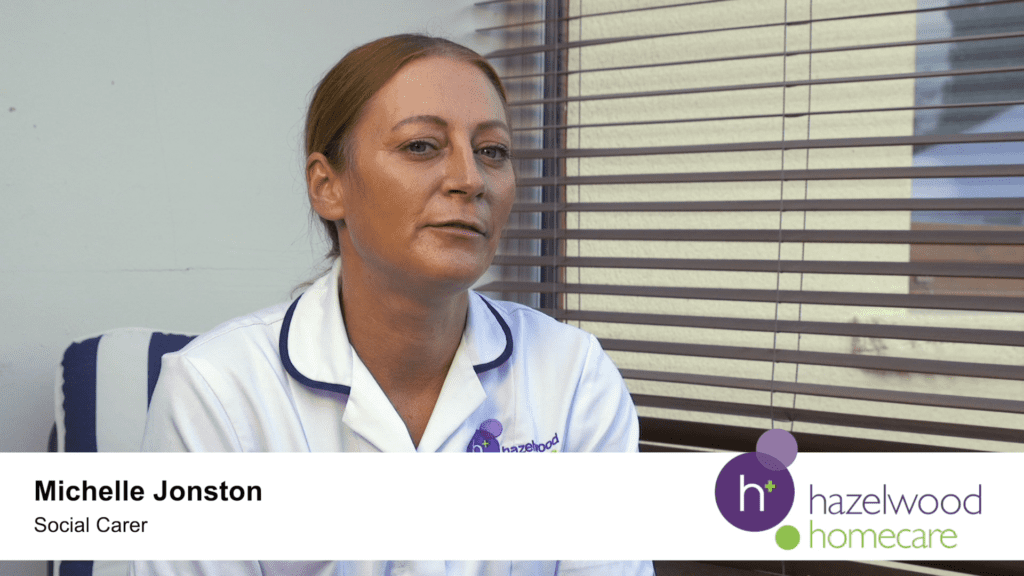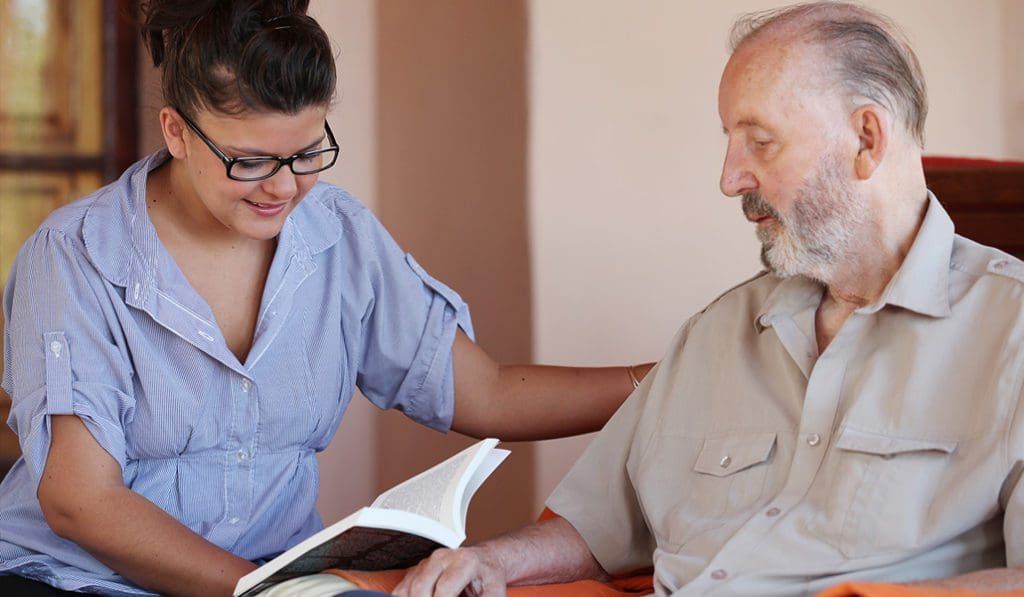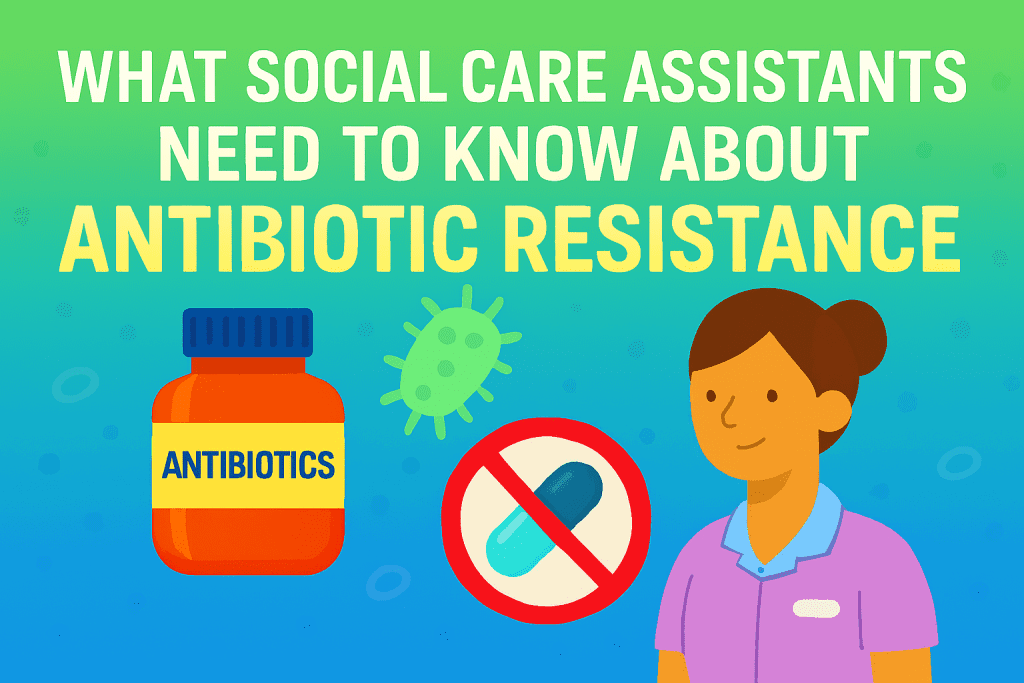Becoming a home carer is a noble and rewarding career choice. Whether you’re considering this path or you’re just curious about the profession, understanding the day-to-day responsibilities and duties of a home carer is essential. In this blog, we’ll explore the multifaceted role of a home carer in the United Kingdom, shedding light on the personal care, companionship, medical support, and various other duties they undertake to ensure the well-being of their clients.
1. Personal Care
One of the primary responsibilities that you may have in the role of a home carer is to provide personal care to clients who may have difficulty with activities of daily living. This can include:
- Assisting with bathing and grooming.
- Helping with dressing and changing clothes.
- Providing support with toileting and incontinence care.
- Assisting with mobility, including transfers and walking.
2. Companionship and Emotional Support
Home carers are not just caregivers; they’re often companions who provide emotional support and enhance the quality of life for their clients. Their duties include:
- Engaging in meaningful conversations.
- Participating in recreational activities and hobbies.
- Offering companionship and alleviating loneliness.
- Providing a friendly and empathetic presence.
3. Medication Management
Many clients require assistance with medication management, and home carers play a crucial role in ensuring that medications are taken as prescribed. This involves:
- Administering medications as directed.
- Keeping accurate records of medication schedules.
- Monitoring and reporting any side effects or concerns to healthcare professionals.
4. Household Support
Home carers often take on responsibilities related to maintaining a clean and safe living environment for their clients. This includes:
- Light housekeeping tasks such as tidying up and cleaning.
- Meal preparation, taking dietary restrictions into account.
- Grocery shopping and running errands.
- Ensuring a safe and clutter-free living space.
5. Mobility Assistance
Many clients face mobility challenges, and home carers are trained to provide the necessary support. They may assist with:
- Transferring the client from bed to a chair or wheelchair.
- Helping with mobility aids like walkers or canes.
- Preventing falls and accidents by creating a safe environment.
6. Medical Monitoring and Reporting
In some cases, home carers are responsible for monitoring their clients’ health and reporting any changes or concerns to healthcare professionals. This can include:
- Regularly measuring vital signs like blood pressure and pulse.
- Monitoring chronic conditions and keeping records.
- Recognizing signs of illness or decline and taking appropriate action.
7. Specialized Care
Some home carers are trained to provide specialized care for clients with specific medical conditions, such as dementia, diabetes, or respiratory issues. This involves additional training and expertise in managing these conditions.
Home carers play a vital role in improving the quality of life for those who require assistance in their homes. Their responsibilities encompass a wide range of tasks, from personal care and companionship to medical support and household duties. These dedicated professionals make a meaningful difference in the lives of their clients, ensuring their well-being and safety while promoting independence and dignity.
If you are considering a career as a home carer, it’s essential to have a genuine passion for helping others and a commitment to providing compassionate and respectful care. The responsibilities of a home carer go beyond simple tasks; they touch the lives of those they serve, providing comfort and support when it’s needed most.



